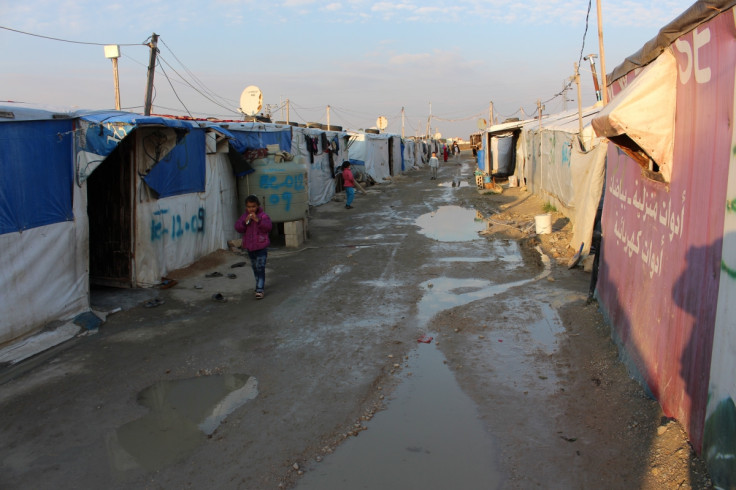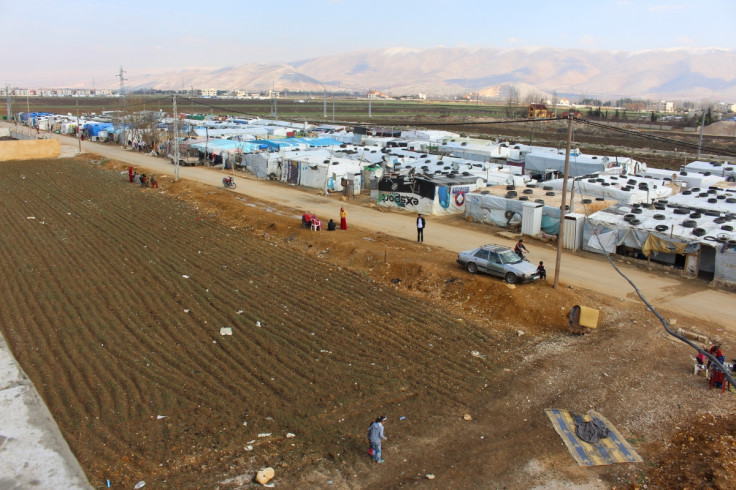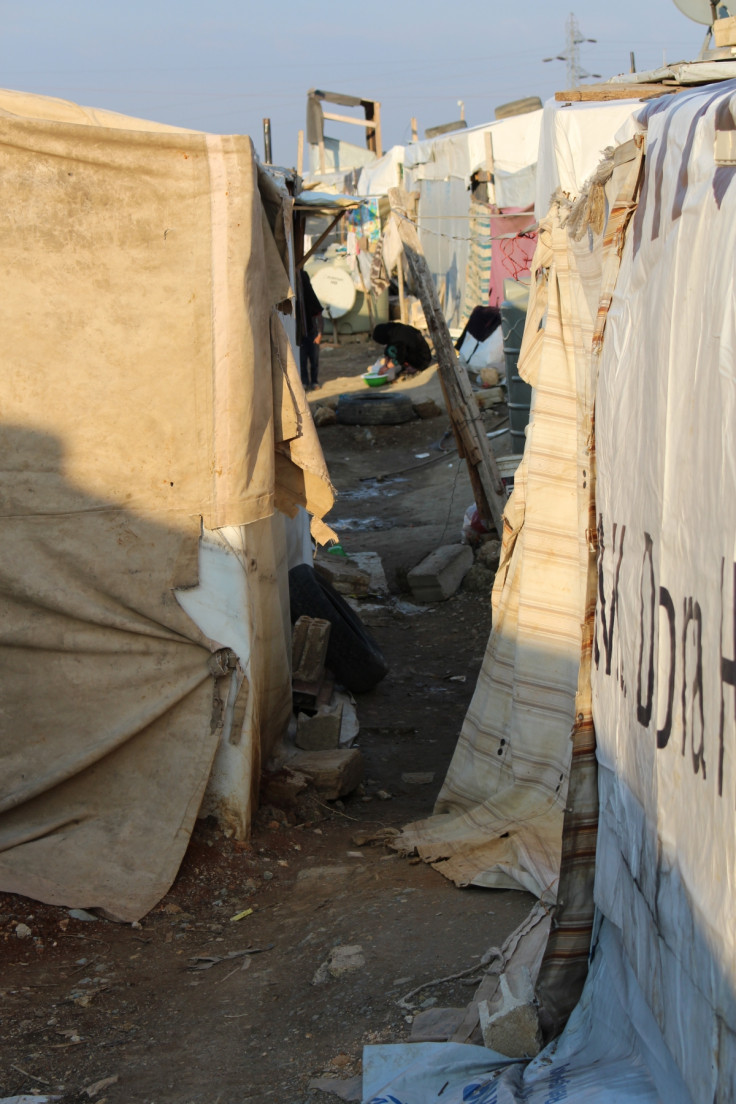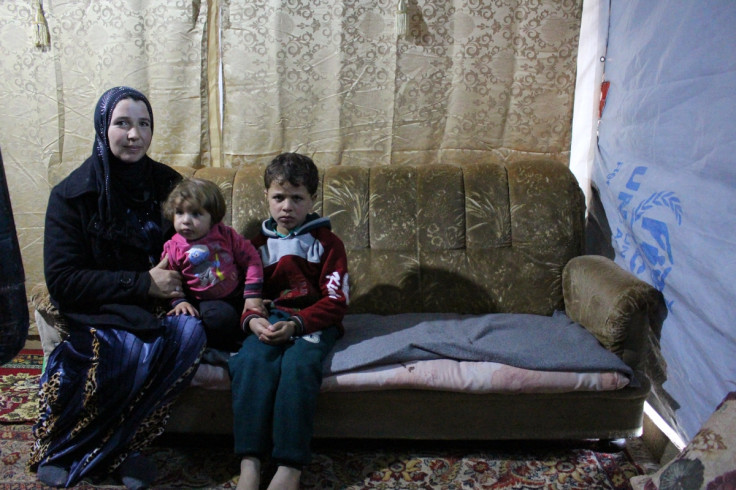Forced into child marriage to escape life of hard labour 15-year-old Syrian refugee feels 'humiliated'

As extreme poverty grows in the informal settlements holding hundreds of thousands Syrian refugees in Lebanon's Bekaa valley, child marriage has risen dramatically. Fuel has been thrown on the flames of the already prevalent practice as humanitarian assistance is cut, conditions deteriorate and debt mounts.
"Humiliated" is the word used over and over again by 15-year-old Zara, whose real name has been withheld as she is a victim of sexual assault. Humiliated as a refugee and humiliated by Lebanese taskmasters as a child labourer, she has been forced to give up her childhood to escape a regime of poorly paid and degrading work.
"They would be screaming and bullying me. They would scream at us telling us the quality of our work was not good and ask us 'why are you standing there, why are you going to the toilet?'" Zara told IBTimes UK.
Unable to get assistance from the World Food Programme (WFP) because her mother's family was too large (cash is capped by WFP to five family members), Zara took work at factories and picking potatoes.

To travel to Baalbek, where she would work on farms, Zara would be collected with a group of a dozen or so girls and taken in a truck from their settlement. She would make the equivalent of $4 (£2.79) a day.
"We would be taking potatoes from the field and putting those potatoes in baskets. It was humiliating how they would treat us. Sometimes they would empty the box and we would have to refill it – just to be arrogant they would spill the box on the ground," she said.

Zara explained she would say nothing to her Lebanese employers because she didn't want to make a scene, but there is anger in her voice when she recounts the abuse she experienced.
When asked about why she got married in the presence of her 21-year-old husband, Hassan, a distant cousin, Zara talks about honour and the need to grow up. She even goes on to suggest that getting married at the age of 15 was desirable because if she left it too late, people might talk.
However, she is clear that if she had remained in Syria she would not be married, she might be preparing to go to university and she would not have dropped out of school. When she became engaged to Hassan she stopped having to go to work. A month later they were wed in a ceremony at the settlement.
The pair say they love each other and Zara claims she is happy. However, they face an uphill battle. Hassan, who is not registered with the UN, is not entitled to assistance and following serious surgery he cannot do manual labour. The couple receive cash assistance from family. Their only amenities, water and sanitation are provided in the settlement by the NGO World Vision. Thoughts of the future leave the pair in stony silence.
Away from Zara and Hassan's tent Aruba, 32, herself a child bride, now fears her 15-year-old daughter Fatima might have to be married off. Aruba says she is against child marriage and fought with her husband, more than twice her age, for three years after they were wed in rural Aleppo when she was 15.

"I want her to make her own decisions and I want her to live her own life as a girl now and just be enlightened for later on," Aruba explained, adding that circumstances might dictate otherwise.
'If someone approaches her who is good I would do it. It would be less responsibility for me. It is like me handing her over to her husband. He would be in charge of her, he would be in charge of her clothing, her shelter, her expenses," she said.
However, like Zara, Aruba says the situation would not be the same if they were in Syria.
Aruba's family is burdened with debt. Four of her seven children work jobs in factories or selling on the street to barely stay afloat.
Mona Daoud, from World Vision Lebanon, explained: "Many of the Syrian refugees in Lebanon have been here for years and are facing real financial hardship. Savings are long gone and debts are mounting. Tough financial conditions mean tough choices for parents.
"Many feel as though arranging a marriage for their child is the only way they can ensure their child survives, as their basic needs will be met – which isn't always guaranteed with current levels of funding."
Callum Paton travelled to the Bekaa Valley in Lebanon courtesy of an NGO.
© Copyright IBTimes 2025. All rights reserved.






















